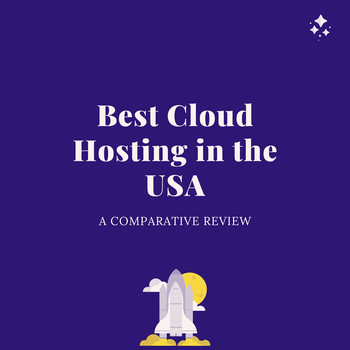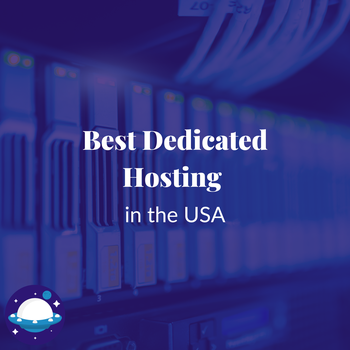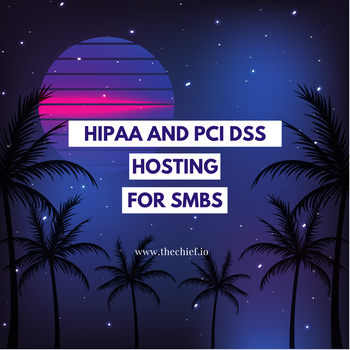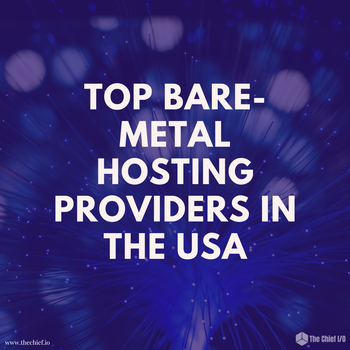Kubesphere Community Delivers Global Kubernetes Workload Management
The community has now attained a global presence with the general availability of KubeSphere v3.1.
TL;DR
The KubeSphere Project, on May 27, 2021, made its new face generally available. The KubeSphere v3.1.0 release means DevOps can run Kubernetes workloads in any part of the world and whenever they want to do it.

Key Facts
This new version of KubeSphere supports Kubernetes deployment at the edge.
The injection of enhanced capabilities in this new version, unified around easy Kubernetes deployment, sets it apart from previous releases.
Security on the operating system has been improved and laced with enhanced multi-tenancy.
Metering and billing feature configured to track and record infrastructure usage.
Details
Hashtag (#) Kubernetes on Twitter, Instagram, etc., is always buzzing when DevOps receive a new gift. Give a cloud engineer gold, he might say no, but mentioning plans to improve Kubernetes and any of the many tools that revolve around cloud computing, and there will be not one but many smiles. The KubeSphere community has a new hot topic in the operating system founded on Kubernetes, Kubesphere. KubeSphere v3.1.0, as it should be, is better than the previous releases and can be used by DevOps to run Kubernetes workloads wherever and whenever they want. Now KubeSphere’s international numbers of 100,000 across 90 countries till present time are going over the roof shortly.
KubeSphere v3.1 enhances Kubernetes operations, supporting the deployment of workloads at the edge and not just across clouds. It boasts a profound edge node management, integrating with KubeEdge, which adds edge nodes; it does all this with an automated user interface that eliminates complex configurations. On the activation of KubeEdge, attaching edge nodes to Kubernetes clusters requires only a single command. No extensions are needed for workload deployment, viewing logging, and data monitoring; these can be done on the KubeSphere console directly.
Another significant enhancement in the update is the metering and billing feature. Designed to record usage in clusters and workspaces, users can track infrastructure costs.
Organizations that concurrently work in diverse clusters are going to like this one. KubeSphere 3.1.0 offers lightweight multi-cloud and multi-cluster management.
KubeSphere 3.1.0 says no to multi-platform monitoring. Enterprises have pinned this as a major factor in their adoption of a Kubernetes platform. KubeSphere allows users to work on their resources no matter the deployment location. In v3.1, KubeSphere adopts Thanos Ruler and inbuilt Prometheus rules. Also, KubeSphere can receive all methods of notifications.
KubeSphere has increased the level of security, lacing it with authentication and multi-tenancy. In a multi-tenant Kubernetes system for logic separation, a unified and comprehensive account authorization and authentication system is a crucial building piece. Users can use workspaces in KubeSphere v3.1.0 to manage and group projects and define departments inside workspaces. Metering and billing features are not necessarily needed to manage resource usage at the workspace level; users can define workspace quotas in this demand.
For authentication, IdentityProvider settings are in place for the integration of guests and other party authentications. KubeSphere v3.1 now has room for compatibility with popular authentication protocols like Central Authentication Service (CAS), OAuth2, and OpenID Connect (OIDC).
In terms of deprecation or removals, the alerting system built on MySQL, Redis, etcd, and a few other components has been replaced by the new alerting and notification functions. Also, with WebSocket API, the container terminal has been changed.
Get similar news in your inbox weekly, for free
Share this news:
Latest stories
Best Cloud Hosting in the USA
This article explores five notable cloud hosting offers in the USA in a detailed way.
Best Dedicated Hosting in the USA
In this article, we explore 5 of the best dedicated hosting providers in the USA: …
The best tools for bare metal automation that people actually use
Bare metal automation turns slow, error-prone server installs into repeatable, API-driven workflows by combining provisioning, …
HIPAA and PCI DSS Hosting for SMBs: How to Choose the Right Provider
HIPAA protects patient data; PCI DSS protects payment data. Many small and mid-sized businesses now …
The Rise of GPUOps: Where Infrastructure Meets Thermodynamics
GPUs used to be a line item. Now they're the heartbeat of modern infrastructure.
Top Bare-Metal Hosting Providers in the USA
In a cloud-first world, certain workloads still require full control over hardware. High-performance computing, latency-sensitive …
Top 8 Cloud GPU Providers for AI and Machine Learning
As AI and machine learning workloads grow in complexity and scale, the need for powerful, …
How ManageEngine Applications Manager Can Help Overcome Challenges In Kubernetes Monitoring
We tested ManageEngine Applications Manager to monitor different Kubernetes clusters. This post shares our review …
AIOps with Site24x7: Maximizing Efficiency at an Affordable Cost
In this post we'll dive deep into integrating AIOps in your business suing Site24x7 to …
A Review of Zoho ManageEngine
Zoho Corp., formerly known as AdventNet Inc., has established itself as a major player in …












